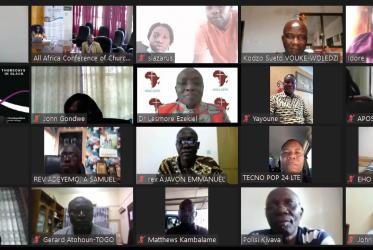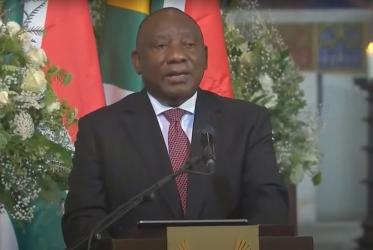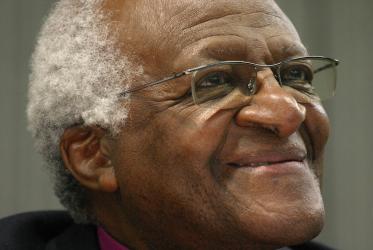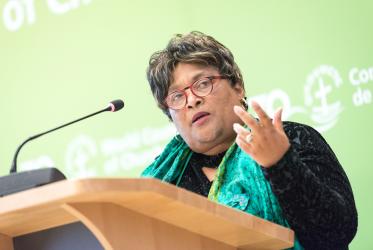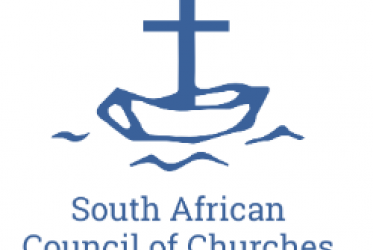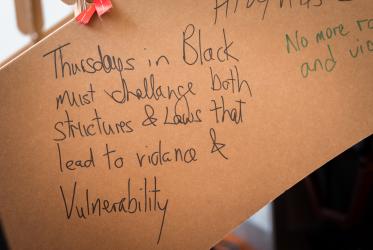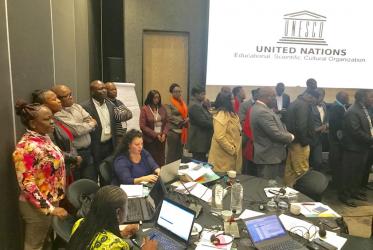Displaying 1 - 20 of 40
Young people in Togo: “Hear our voice! We want to tell our stories!”
07 November 2019
Churches in southern Africa stand against violence, xenophobia
10 October 2019
When you strike the women, you strike a rock
18 September 2019
Thursdays in Black: sharing support, transforming lives
21 February 2019
G7 must address famine
22 May 2017
Youth engagement fundamental to HIV response
18 April 2017

